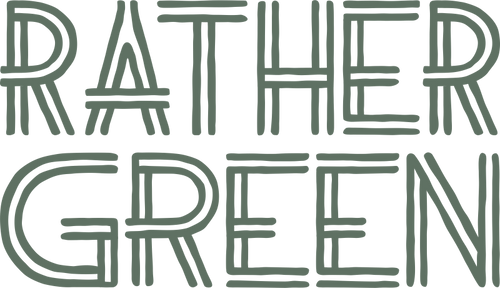Why ORGANIC cotton, if we don't eat it?
Cotton is the most vastly used natural fibre in history. It's soft, durable, versatile, and simply beautiful!
But cotton does have its issues too, and it can be quite nasty when it's not grown organically.
Bugs love cotton!
So in order to fight them, conventionally grown cotton uses more pesticide than any other single crop. Only 2.5% of all agricultural land on the planet is dedicated to growing cotton, but it utilizes 16% of all insecticide!
Fertilizers and more fertilizers!
Conventionally grown cotton uses chemical fertilizers to increase the production yield per acre, especially Nitrogen. It has simply become the go-to in conventional cotton farming, as dealing with a commodity is all about lowering costs.
“OK, but we don't eat cotton, so what's the harm?”
The pesticides and fertilizers used in cotton farming are really brutal. They impact the environment and human health in so many ways that we don't need to eat cotton in order to be affected.
People's health - Farmers
Farm workers’ exposure to certain pesticides used in cotton cultivation have been linked to a broad range of chronic health effects, such as impaired neurobehavioral function, respiratory problems, diabetes and others.
People's health - Nearby population
As pesticides and herbicides are mostly applied via spraying, these chemicals easily travel through the air and reach nearby communities. In some regions, people living in cotton cultivation areas are used to having “cotton flu” seasonally - a series of symptoms caused by the increase of chemicals levels in the air.
Environment - Chemicals runoff
Runoff of the chemicals present in pesticides, herbicides and fertilizers contaminate rivers, lakes, wetlands, and even reach the oceans. Meaning that water we take from rivers and lakes to supply our cities may be contaminated as well.
Environment - Greenhouse gases
Nitrogen fertilizers are one of the largest sources of greenhouse gas emissions, as they release nitrous oxide (N2O)- a greenhouse gas 300 times more potent than CO2.
Environment - Wildlife
Wildlife is heavily affected by pesticides and runoff contamination. Chemicals end up being digested by birds and insects from surrounding areas, which then develop chronic diseases.
Water contaminated by chemicals runoff impact fresh water and marine wildlife, causing problems to their health as well.
References:
-
2019 Agricultural Chemical Use Survey - United States Department of Agriculture - National Agricultural Statistics Service
-
Why Cotton Is Called The World's Dirtiest Crop - The Modern Dane
-
Cotton and Pesticides - The National Wildlife Federation
-
Sustainable Agriculture - WWF
-
Exposure to Pesticides and Health Effects on Farm Owners and Workers From Conventional and Organic Agricultural Farms in Costa Rica: Protocol for a Cross-Sectional Study - Fuhrimann S, Winkler MS, Staudacher P, et al.
-
Impact of pesticides use in agriculture: their benefits and hazards - Aktar W., Sengupta D., Chowdhury A.
-
Reduced Use of Nitrogen Fertilizer - American Carbon Registry
-
Impacts of Pesticides on Wildlife - Beyond Pesticides.org

